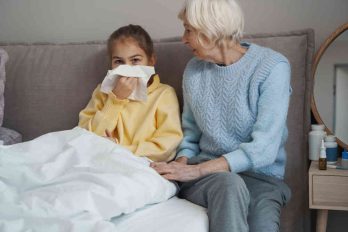Selecting a pet for your family can be a daunting task. There are many options available, from pets that are low maintenance and require little time and effort, to those that require a lot of time and attention. Below are a variety of options that will help you in your journey to finding the perfect pet for your family.
Fish and Small Aquatic Animals
Fish and other small aquatic animals are oftentimes the perfect first pet. They require very little maintenance and have fairly low start-up costs involved. Fish require a tank, gravel, foliage, a thermometer, and a water filter – all of which can be purchased at the same time as your new pet. Fish are ideal pets for young children and for families who may live in larger cities or those who do not have yard access. Fish are relatively low maintenance and may only need to be fed once a day. They are also great pets for families who have busier schedules or who lead more active lifestyles.
Small Caged Animals
Small caged animals, such as hamsters, Guinea pigs, and mice, are great for school-age kids who are ready for a little more responsibility. These small animals require a small cage, bedding, or cage filling for the bottom of the cage, food dishes, water bottles, and a small wheel or other interactive toys to keep them entertained during the day. These small animals are still considered low maintenance – they require less than larger animals – but need to be fed and watered daily. Their cages will need to be cleaned on a regular basis, and they can be handled with care and can provide hours of entertainment. Because they are small, they do need to be handled safely and responsibly – which makes them good pets for older children.
Cats and Dogs
Cats and dogs can give a family many years of companionship and love. These pets are more time-consuming than most and do require dedication and more responsibility than most pets. However, children of all ages can participate in the care of them. Younger children can be tasked with simpler responsibilities such as feeding and watering, while older children can be tasked with taking walks, bathing, and assisting with housebreaking. Due to health risks, parents will need to be responsible for litter box changes. Expenses are more significant with dogs and cats, but their life expectancy is longer than most other pets.
Choosing a pet for your family is a big decision. Still, by taking into account your family’s commitment level, lifestyle, and children’s ages and developmental stage, you can be sure that you will find the perfect fit for your family.




